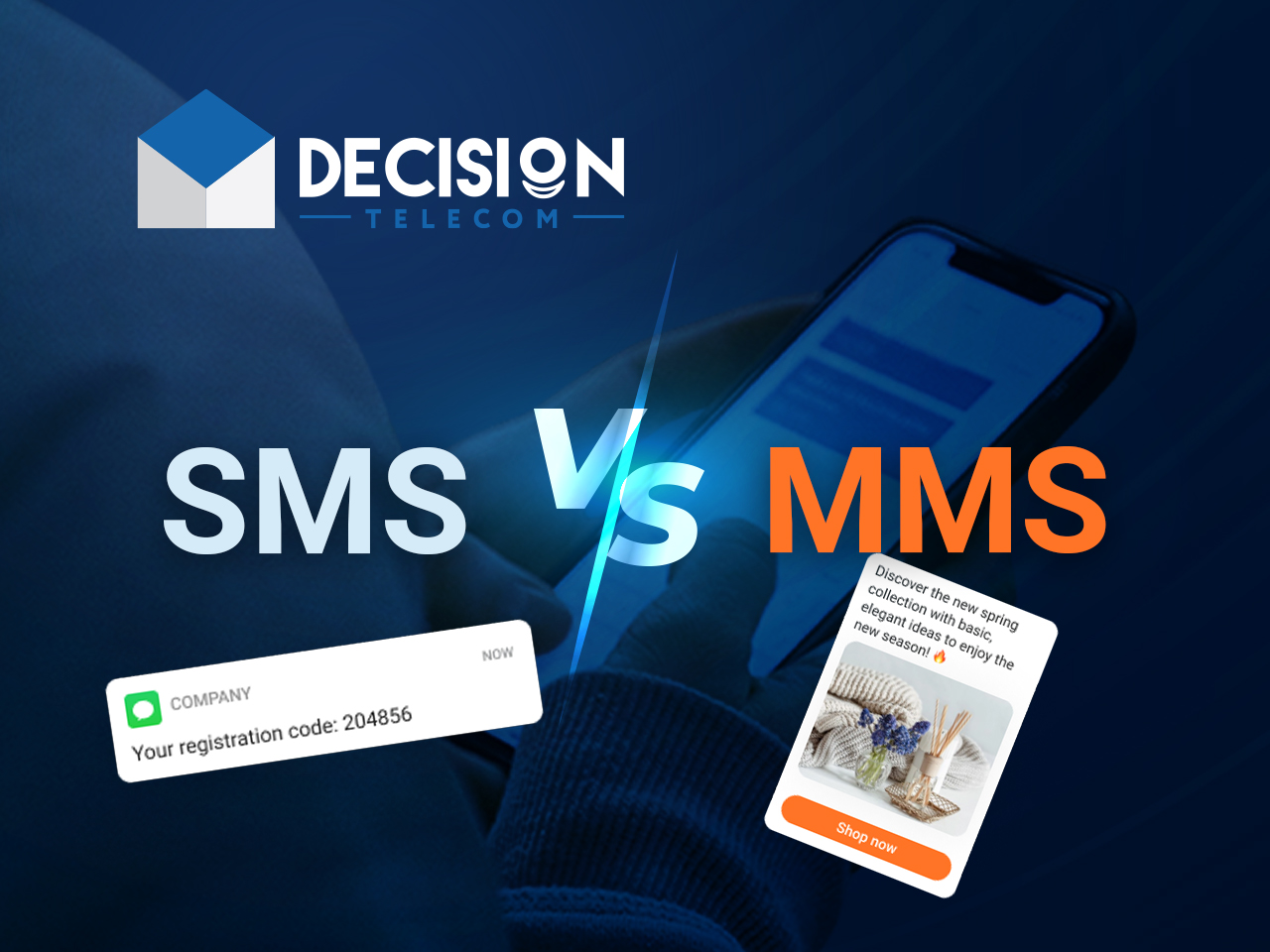MMS video has become a popular way to share multimedia content through mobile devices. In an era where visual communication dominates, understanding how MMS video works is essential for anyone looking to enhance their messaging experience. This article will delve into the intricacies of MMS video, its benefits, limitations, and how it compares to other forms of media sharing.
As mobile technology continues to evolve, the methods of sharing content have changed significantly. MMS (Multimedia Messaging Service) allows users to send not just text, but also images, audio, and video directly to other mobile devices. This capability has transformed the way we communicate, making interactions richer and more engaging.
In this comprehensive guide, we will explore the various aspects of MMS video, including its definition, how it works, its advantages, and its limitations. Whether you're a casual user or a tech enthusiast, this article aims to provide valuable insights that can help you navigate the world of mobile multimedia messaging.
Table of Contents
- What is MMS Video?
- How MMS Video Works
- Advantages of MMS Video
- Limitations of MMS Video
- MMS Video vs. SMS
- MMS Video vs. Social Media Sharing
- Best Practices for Sending MMS Video
- The Future of MMS Video
What is MMS Video?
MMS video refers to video content that is sent via the Multimedia Messaging Service (MMS). Unlike traditional SMS (Short Message Service), which only allows text messages, MMS enables users to send videos, images, and audio files to other mobile devices. This form of communication enhances the user experience by adding a visual element to messages, making them more engaging and informative.
Characteristics of MMS Video
- Supports various media types: MMS video can include images, audio, and video.
- Direct sharing: Users can send videos directly to other mobile devices without the need for internet connectivity, although data charges may apply.
- Compatibility: Most modern smartphones support MMS video, making it widely accessible.
How MMS Video Works
The process of sending an MMS video involves several steps. Here’s a simplified breakdown of how it works:
- User selects a video from their device.
- The user composes a message and attaches the video using the MMS feature in their messaging app.
- The messaging app encodes the video and compresses it to ensure it meets size limitations.
- The message is sent through the mobile network to the recipient's device.
- The recipient receives the MMS video, which can be viewed directly in their messaging app.
Advantages of MMS Video
MMS video offers several benefits that make it a popular choice for mobile communication:
- Enhanced Communication: By adding video to messages, users can convey emotions and information more effectively.
- Convenience: MMS allows for quick sharing of multimedia content without the need for third-party apps or internet access.
- High Engagement: Messages with video are more likely to capture the recipient's attention compared to text-only messages.
Limitations of MMS Video
Despite its advantages, MMS video has some limitations that users should be aware of:
- File Size Restrictions: MMS messages typically have size limits (often around 300 KB), which can restrict the length and quality of videos that can be sent.
- Data Charges: Sending an MMS video may incur additional data charges, depending on the user's mobile plan.
- Compatibility Issues: Not all devices may support the same video formats or sizes, potentially leading to playback issues.
MMS Video vs. SMS
Understanding the difference between MMS and SMS is crucial for effective communication:
- MMS: Supports multimedia content (videos, images, audio) and is ideal for sharing rich media.
- SMS: Limited to text only, making it suitable for short, quick messages without rich media.
MMS Video vs. Social Media Sharing
While MMS video is a convenient way to share multimedia content, social media platforms also offer robust sharing options:
- Reach: Social media allows for sharing with a wider audience, while MMS is typically limited to direct recipient messaging.
- Interactivity: Social media platforms often provide interactive features such as comments and likes, enhancing engagement.
- Storage and Accessibility: Videos shared on social media can be accessed anytime, whereas MMS is often limited to the recipient’s device.
Best Practices for Sending MMS Video
To ensure a smooth MMS video experience, consider the following best practices:
- Keep videos short to stay within size limits.
- Choose compatible video formats for maximum playback success.
- Notify the recipient in advance if you are sending a video to avoid confusion.
The Future of MMS Video
As technology continues to evolve, the future of MMS video looks promising. With advancements in mobile networks (such as 5G), we can expect:
- Increased file size limits, allowing for higher-quality videos.
- Enhanced multimedia features, including group MMS and improved editing tools.
- Greater integration with social media and other communication platforms.
Conclusion
In summary, MMS video provides a powerful tool for enhancing communication through multimedia sharing. While it has its limitations, the advantages make it a valuable option for users looking to add a visual element to their messaging. We encourage you to explore the capabilities of MMS video and consider incorporating it into your communication strategy.
If you found this article helpful, please leave a comment below, share it with your friends, or check out our other articles for more insights on mobile technology.
Closing Thoughts
Thank you for reading! We hope this guide on MMS video has given you a clearer understanding of its significance in modern communication. Stay tuned for more informative articles, and we look forward to welcoming you back to our site soon!
Article Recommendations
- Bernie Leadon The Musical Journey Of A Legendary Guitarist And Cofounder Of The Eagles
- Exploring Camilla Araujos Onlyfans Posts A Comprehensive Guide
- Billie Joe Armstrong Age Biography And Impact On Rock Music

/what-is-sms-mms-iphone-2000247-Final-5c38a50846e0fb0001673a66.png)
